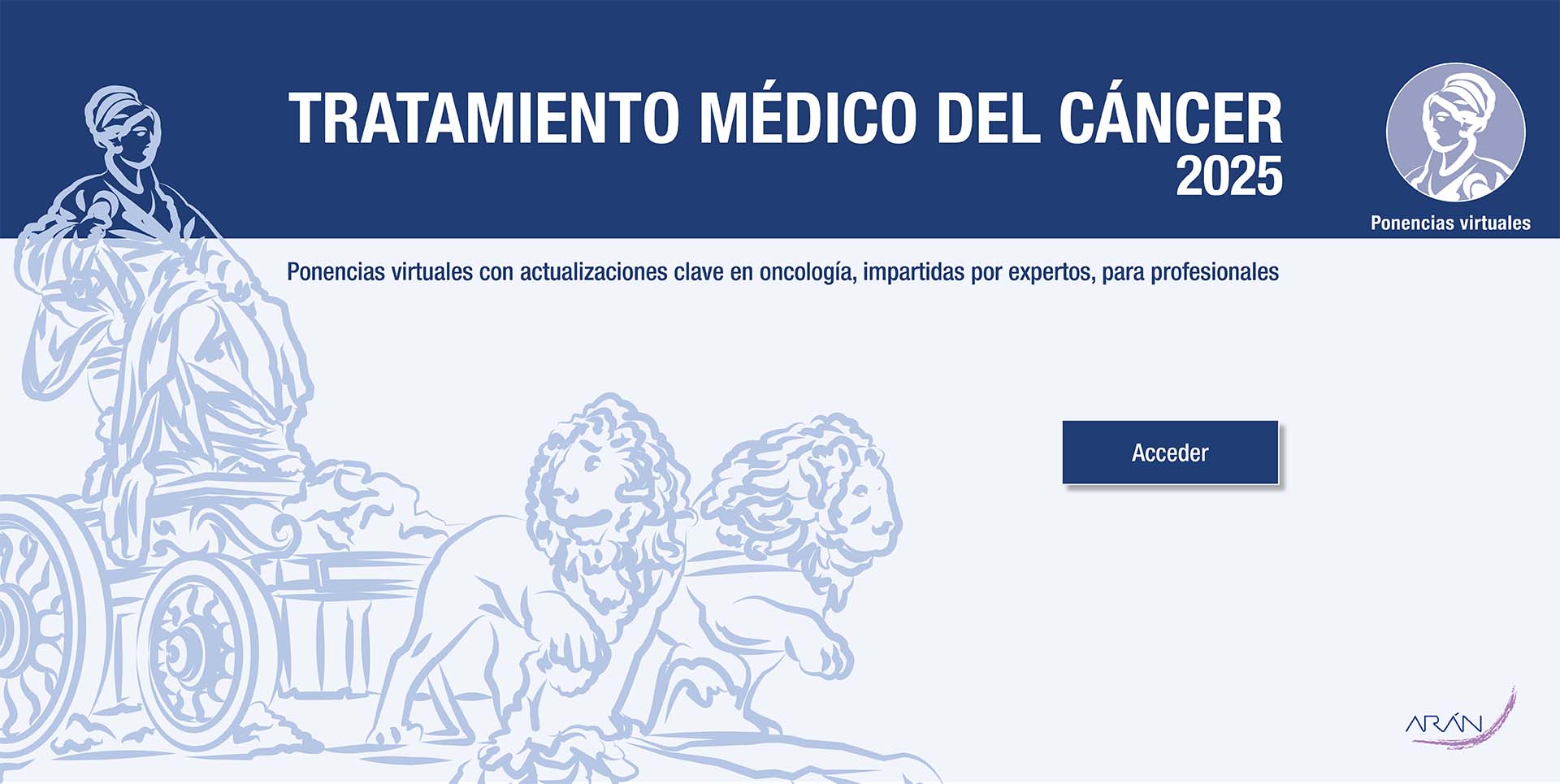Big Data
Development and Validation of a Computational Histology Artificial Intelligence–Powered Predictive Biomarker for Selection of Chemotherapy in Advanced Pancreatic Cancer
Predictive biomarkers to guide selection of first-line chemotherapy for advanced pancreatic ductal adenocarcinoma are an unmet clinical need. This study used the Computational Histology Artificial Intelligence platform to develop and validate a histomorphology-based G-chemo versus F-chemo biomarker that predicts benefit from first-line fluoropyrimidine-based versus gemcitabine-based regimens.
How AI-Powered mammograms are reducing the risk of aggressive breast cancer
Imagine leaving a routine breast screening believing everything is fine, only to face an aggressive cancer diagnosis months later. A new generation of AI mammograms is quietly changing that story, cutting these missed cases and catching tumours when treatment is most effective.
Taking Stock of AI Advancements in Oncology: Present and Future
Artificial intelligence (AI) has emerged as the “connective tissue” that will facilitate oncology practice and deliver enhanced care to patients, according to Arturo Loaiza-Bonilla, MD, MSEd, FACP.
Loaiza-Bonilla, systemwide chief of Hematology and Oncology at Saint Luke’s University Health Network, spoke with CancerNetwork® about his insights regarding recent advancements for AI in oncology and provided a recap of some of the key developments with these technologies in 2025.
The impact of AI on modern oncology from early detection to personalized cancer treatment
Artificial intelligence is quickly becoming a revolutionary and game-changing tool in modern oncology, with promising uses in early diagnosis and drug discovery. Machine learning, deep learning, reinforcement learning, natural language processing, and generative models are some of the AI methods that are becoming very important for cancer care. With an emphasis on early diagnosis, mutation mapping, and drug design, this article aims to review the existing literature and investigate the role of AI technologies in oncology.
How artificial intelligence (AI) technology is helping doctors understand liver cancer
Liver cancer is a serious disease that can be difficult to detect early. When a patient’s symptoms raise a concern, physicians usually use medical images, such as CT scans or MRIs, to look for signs of cancer or abnormal growth in the liver. But sometimes, these images are challenging to read, and small tumors can be missed. That’s where artificial intelligence (AI) comes in. A recent study looked at how AI is being used to help doctors find and understand liver cancer better.
A comparative study on DeepSeek and ChatGPT for bone and soft tissue tumor clinical practice
Artificial intelligence (AI) models are increasingly applied in clinical oncology, yet their comparative utility in specialized domains like bone and soft tissue tumors remains understudied. This study evaluates the diagnostic accuracy and clinical reasoning capabilities of DeepSeek and ChatGPT.
AI Technologies Enhance Diagnostic Accuracy and Personalize Treatment Plans in Precision Oncology Study
A recent study published in the Journal of Translational Medicine examines the role of artificial intelligence (AI) in advancing precision oncology. The review, conducted by researchers R. Goda and A. Abdel-Aziz, highlights significant developments in how AI technologies are being applied to cancer treatment strategies. The authors analyze a range of applications, including AI’s ability to enhance diagnostic accuracy, predict patient outcomes, and personalize treatment plans based on individual genetic profiles.
Comprehensive molecular characterization of high-stemness gastric cancer cells using single-cell transcriptomics, spatial mapping, and machine learning
Gastric cancer (GC) remains a global clinical challenge due to late diagnosis, high heterogeneity, and poor prognosis. Tumor stemness has emerged as a key factor driving tumor aggressiveness and therapeutic resistance. However, the systematic characterization of high-stemness GC cells and their molecular features remains limited. We integrated single-cell RNA sequencing (scRNA-seq), spatial transcriptomics, and bulk RNA-seq data to identify and characterize high-stemness GC cells.
Brain tumour or radiation necrosis? AI can tell them apart
While targeted radiation can be an effective treatment for brain tumours, subsequent potential necrosis of the treated areas can be hard to distinguish from the tumours on a standard MRI. A new study led by a York University professor in the Lassonde School of Engineering found that a novel AI-based method is better able to distinguish between the two types of lesions on advanced MRI than the human eye alone, a discovery that could help clinicians more accurately identify and treat the issues.
Machine learning-based prediction of clinical outcomes in cervical cancer using routine hematological indices: development and web implementation
Cervical cancer prognosis critically depends on tumor invasiveness, yet existing predictive tools lack accessibility and generalizability. We aimed to develop predictive models using comprehensive hematological profiling of routine tests to assess invasiveness and survival, improving clinical decision-making.
What is the role of machine learning in oncology today?
Artificial intelligence (AI) is increasingly being integrated across the cancer care continuum, from early detection and diagnosis to treatment selection and clinical trial design. Standardized metrics are needed to ensure adequate, reliable machine learning model performance and clinical relevance across diverse settings. Becoming fluent in the language of AI will empower oncologists to participate in shaping the role of new technologies in oncology research and practice.
Leveraging artificial intelligence in antibody-drug conjugate development: from target identification to clinical translation in Oncology
Artificial intelligence (AI) is opening new frontiers in the development of antibody-drug conjugates (ADCs), offering unprecedented opportunities for precision therapy. This review outlines how AI empowers each stage of the ADC pipeline.

.png)
.png)
.png)
.png)
.png)
.png)
.png)
.png)
.png)
.png)
.png)
.png)